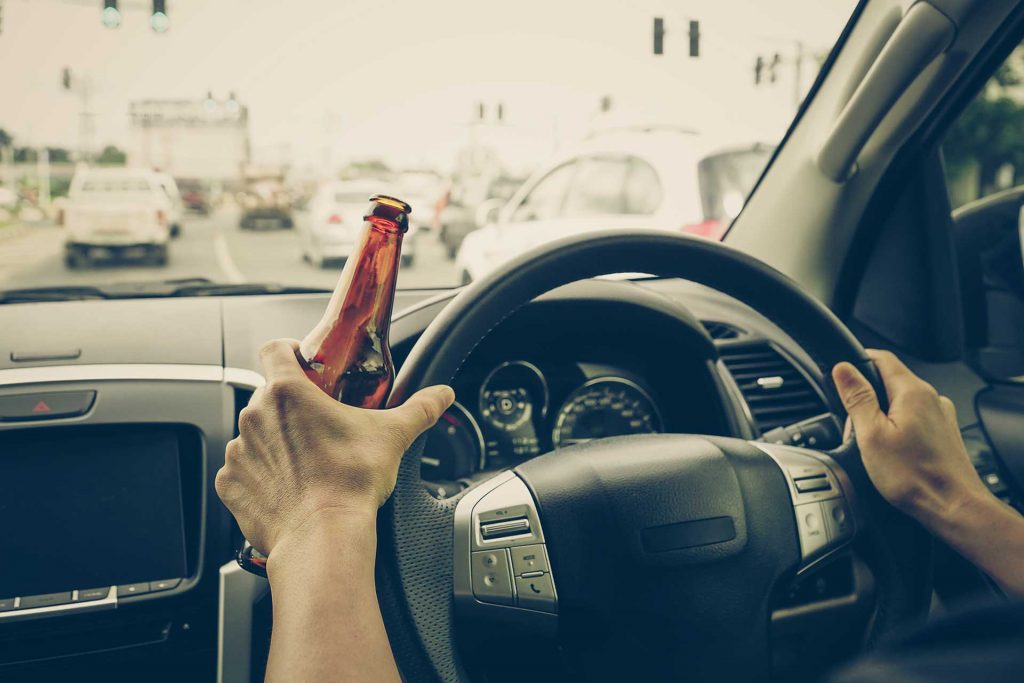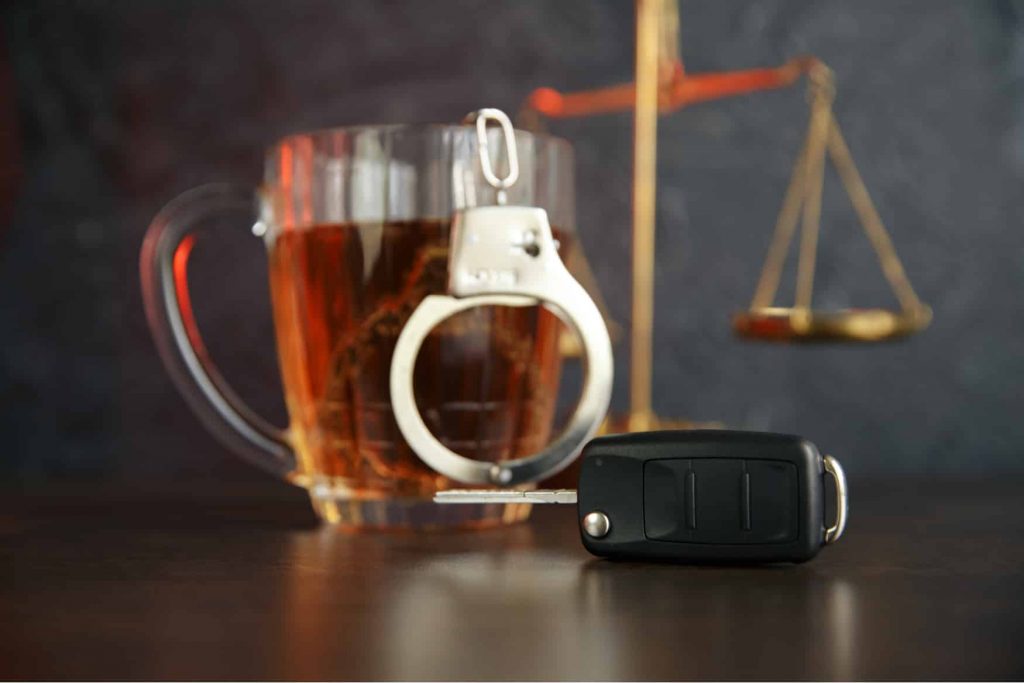How Severe Are The Penalties For A Drunk Driving Conviction?
Driving under the influence (DUI) is not only dangerous and illegal, but also expensive. DUI penalties vary depending on the state you were arrested in as well as how many times you’ve been convicted of driving while intoxicated (DWI).

First-offense DUI Penalties
The penalties for a first-offense DUI conviction can range from fines and jail time to driver’s license suspension. The fines can be as high as $1,000 for individuals without prior convictions; those with prior convictions may face fines up to $2,000. Jails sentences vary by state but are typically between 5 and 6 months. Additionally, most states require first-time offenders to serve at least some portion of their sentence in jail. However, a few states allow those convicted of drunk driving on their first offense the option of paying a fine or serving community service instead of going to jail (as long as they are not repeat offenders). In addition to these monetary penalties, your driver’s license will most likely be suspended by an administrative agency—typically for at least one year after being convicted.
Second-offense DUI Penalties
If you’re convicted of a second DUI offense in California, you will face the following penalties:
- Mandatory minimum 30 days in jail. The court may give you credit towards this sentence if you were admitted to a drug or alcohol treatment program or if your blood alcohol content was below 0.15%.
- Mandatory license suspension for at least one year. If the court finds that your ability to drive would pose an unreasonable risk to public safety, its order may require longer suspension periods or permanent revocation of driving rights in California.
- A mandatory fine between $1,000 and $2,000 (plus fees).
Third-offense DUI Penalties
Third-offense DUI offenders face a one-year mandatory minimum sentence and a maximum of three years in prison. They must also serve one year of supervised release, pay a fine ranging from $1,500 to $10,000 (depending on whether it is the first or second offense), and have their license suspended for an additional 10 years.
Conclusion
As you can see, the penalties for driving while intoxicated are severe. If you are convicted of a DUI and it is your first offense, the court will order you to pay a fine of up to $1,000, go to jail for up to 6 months or both. In addition, if this is your first conviction and you were driving with an alcohol level over 0.15%, then you may also have your license revoked by the DMV (Department of Motor Vehicles). If this is not your first offence then “double” punishment applies which means that in addition


